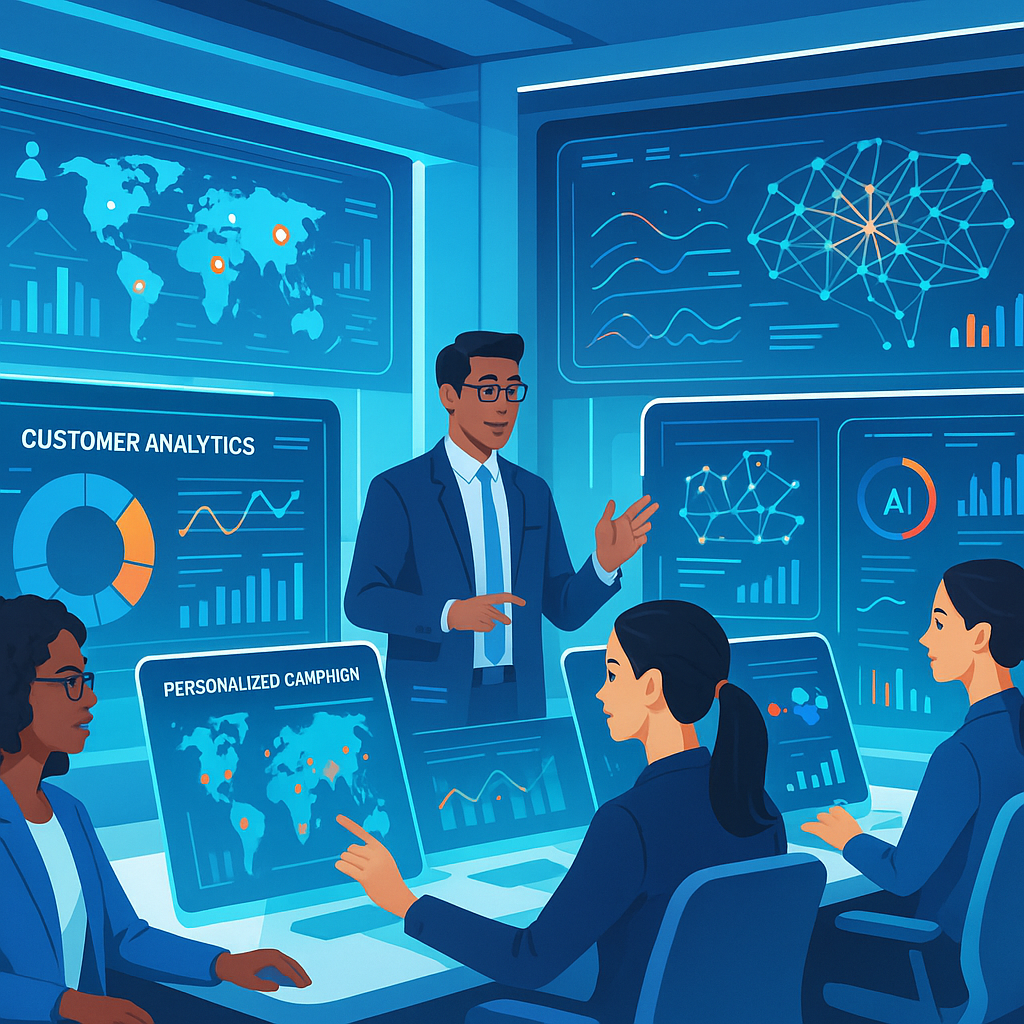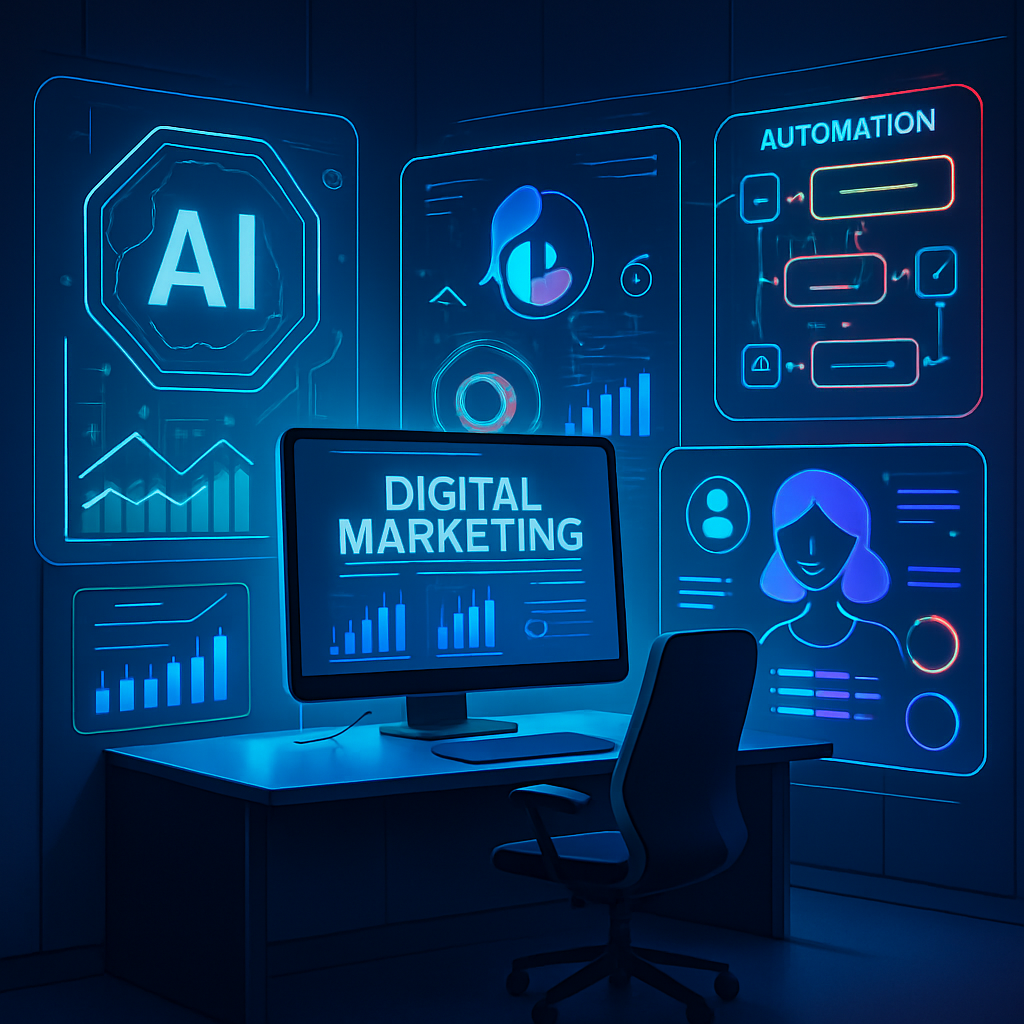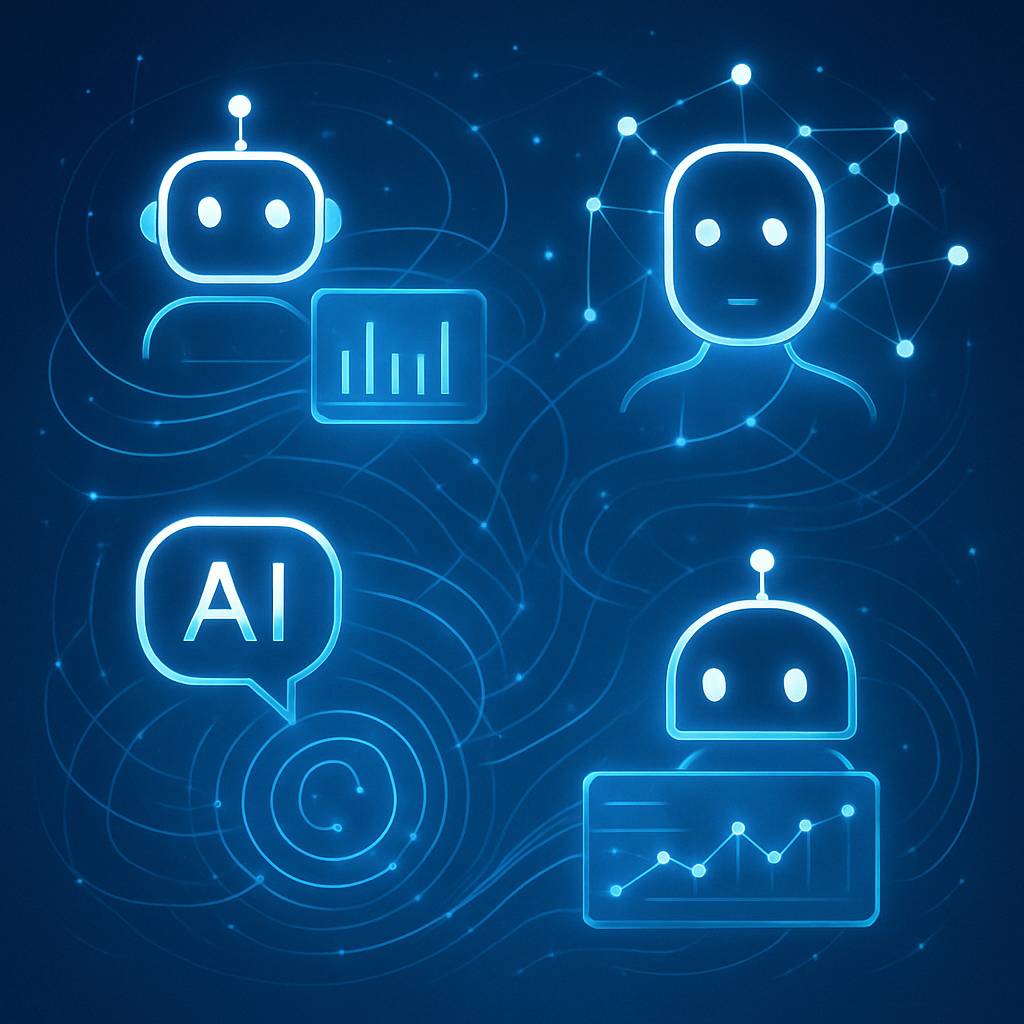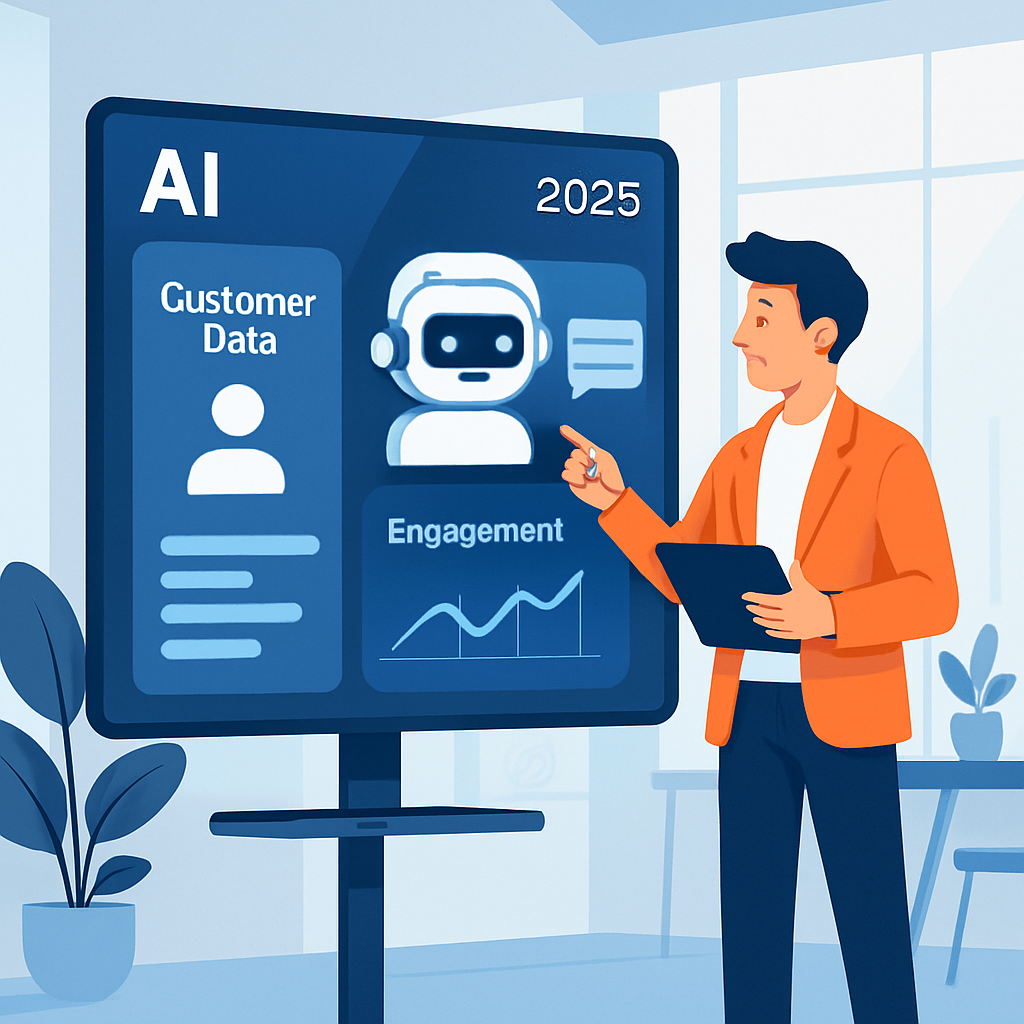
How AI Marketing Technology Is Transforming Hyper-Personalized Customer Engagement
The Dawn of Hyper-Personalization in Marketing
The marketing landscape in 2025 is defined by a profound shift towards hyper-personalization—a level of customer engagement so refined that brands can anticipate desires before customers even articulate them. Central to this evolution is ai marketing technology, which harnesses vast datasets and sophisticated algorithms to craft tailored experiences at scale.
Core AI Technologies Powering Hyper-Personalized Campaigns
1. Advanced Predictive Analytics
Modern AI marketing platforms employ next-generation predictive analytics to forecast customer behavior with unprecedented accuracy. These systems analyze purchase histories, browsing patterns, social sentiment, and emerging trends to deliver campaign messages that resonate personally. For example, a fashion retailer can predict seasonal style preferences by blending individual buying habits with real-time influencer and market data.
2. Real-Time Contextual AI
Today's AI solutions transcend static personalization by integrating real-time context—such as location, time of day, weather, and device type—into messaging strategies. Imagine a global coffee brand using this data to serve tailored promotions: a rainy afternoon message promoting hot beverages to users in affected regions, instantly adapting creatives and offers.
3. Multi-Modal AI Content Generation
AI-driven content generation now spans text, images, video, and audio, enabling the creation of hyper-personalized assets. For instance, a streaming service generates personalized video trailers with dynamic scenes or voice-overs that match viewer preferences, enhancing engagement beyond traditional one-size-fits-all content.
Innovative Use Cases Illustrating AI Marketing Technology Impact
Retail and E-Commerce
Leading retailers implement AI marketing systems that integrate purchase data, browsing behavior, and even biometric feedback (like facial expression recognition during product trials) to deliver product recommendations and dynamic ads. A notable case is a global footwear brand that used AI to analyze foot size, gait, and style to customize offers and reduce returns, boosting customer satisfaction and revenue.
Financial Services
Financial institutions enhance customer engagement through AI that tailors financial advice, product bundles, and educational content based on transaction patterns and life-stage events. For example, a bank's ai system may detect when a client is researching home loans and serve personalized mortgage offers along with interactive calculators.
Entertainment and Media
Media companies utilize AI marketing technology to recommend content and promotions tailored to nuanced mood and activity data from wearable devices and social media signals. This hyper-personalization increases viewing time and subscription renewals by tapping into emotional contexts.
Challenges and Ethical Considerations
While AI marketing technology elevates customer engagement, it also poses challenges around data privacy, algorithmic bias, and transparency. Responsible use requires brands to adopt robust consent frameworks and explainable AI models that build trust. Additionally, balancing automation with human creativity ensures campaigns remain authentic and meaningful.
Strategic Implications for Marketers in 2025
Marketers must cultivate interdisciplinary teams that blend data science, psychology, and creative expertise to fully unlock AI-driven hyper-personalization. Investing in agile AI platforms that integrate seamlessly with CRM and omnichannel tools empowers rapid experimentation and continuous optimization. Furthermore, cultivating customer trust through transparent data practices becomes a competitive differentiator.
Looking Ahead: The Future of AI-Powered Engagement
The trajectory of AI marketing technology points towards deeper integration with emerging interfaces like augmented reality (AR) and voice assistants, enabling immersive and personalized experiences in physical and digital spaces. As AI models become more contextually aware and proactive, hyper-personalized campaigns will evolve into predictive, adaptive dialogues between brands and customers.
In this landscape, AI marketing technology is not merely a tool but a dynamic partner, revolutionizing how brands connect, engage, and grow in an increasingly complex consumer ecosystem.







